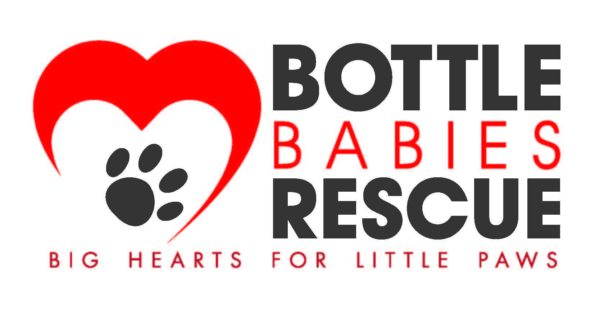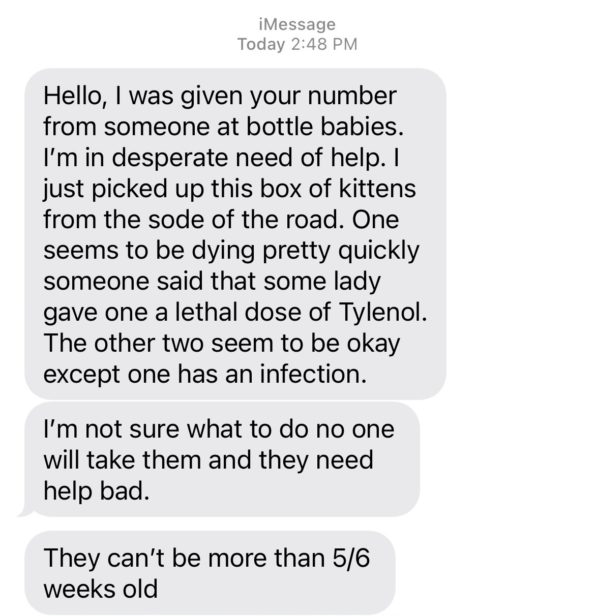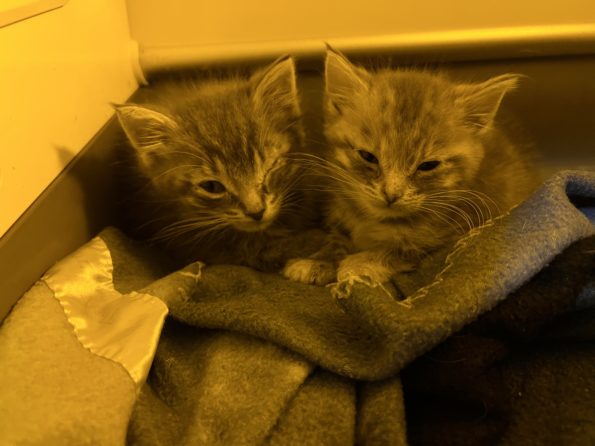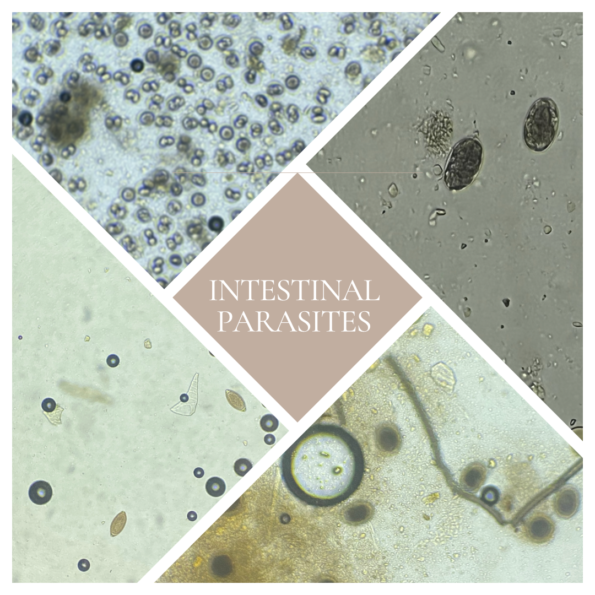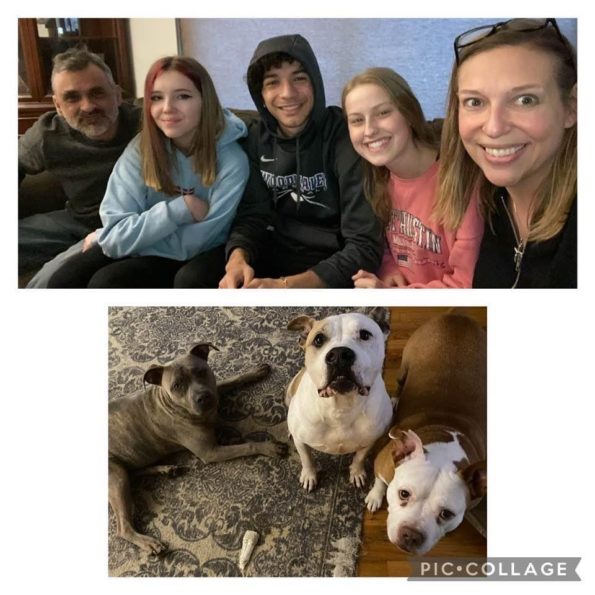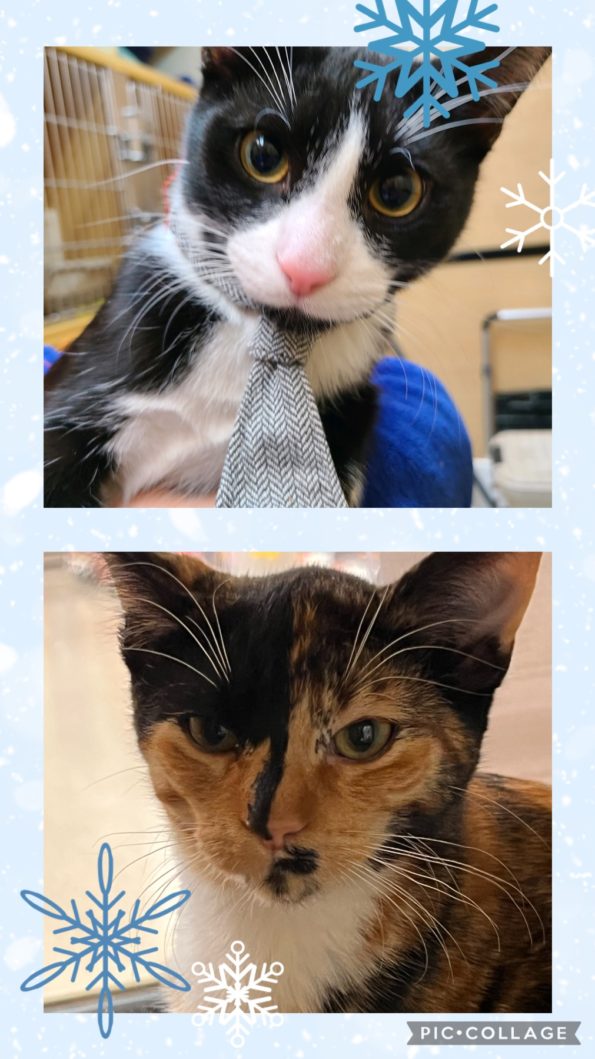One of the most common things we battle within rescue is intestinal parasites. When left untreated, intestinal parasites, can become the reason of life or death, especially in the critical neonate intakes we take on regularly. Because many of our animals come from unknown backgrounds we have recently started screening for intestinal parasites in all of our animals. The most common intestinal parasites we see are roundworms, hookworms, whipworms, tapeworms and the protozoa’s coccidia and giardia. Most of the parasites are transmitted the same way and that is by ingestion. For intestinal worms this means ingesting the ova produced by the worms themselves. For the protozoa class of parasites, including coccidia and giardia, they are also transmitted by direct ingestion of the parasites. In most cases intestinal parasites can cause GI upset (vomiting and diarrhea), loss of appetite, poor haircoat and bloated belly of puppies and kittens.
Treatment:
Treatment is specific to the parasite being treated and should be prescribed by a veterinarian following a fecal sample submission.
Testing:
Fecal samples ran by centrifugation out to a laboratory are gold standard in most veterinary practices today. Many labs also now include antigen testing to reduce the likelihood of false negatives when the ova is not actively being shed in the sample. Ask your veterinarian today what testing is recommended and how often they recommend samples being checked. Dogs and cats with increased risks, such as visits to boarding facilities and doggie day care, will likely need checks more often then those that do not often visit these facilities.
Prevention:
Thankfully, most monthly preventatives like Heartgard PLUS, Simparica Trio and Bravecto all carry some protection from intestinal parasites. This is just another reason to keep up on your dog, and cats, monthly preventatives. Picking up your pets waste right away and good hygiene is another good way to help reduce the risks of transmission. Intestinal protozoas do not have any direct prevention options but some are self limiting in healthy adult animals but can definitely cause issues during times of reduced immunity.
Additional information regarding intestinal worms can be found here:
https://www.merckvetmanual.com/dog-owners/digestive-disorders-of-dogs/gastrointestinal-parasites-of-dogs
Additional information regarding intestinal protozoas can be found here:
https://www.merckvetmanual.com/dog-owners/digestive-disorders-of-dogs/disorders-caused-by-protozoa-in-the-digestive-system-of-dogs
